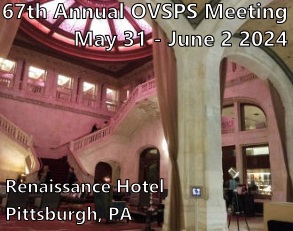<< Back to the abstract archive
Physician innovation in topical wound care device development: Is it stifled by costly approval pathways?
Kiersten C. Woodyard, MPH; Riley Ferguson, BS; Douglas Dembinski, MD; Scott J. Rapp, MD
Cincinnati Children's Hospital;
University of Cincinnati College of Medicine
2023-02-01
Presenter: Kiersten C. Woodyard, MPH
Affidavit:
The material proposed for presentation in this abstract has not been published in any scientific journal or previously presented at a major meeting. The presenter is not a resident, and is a medical student.
Director Name: Scott Rapp
Author Category: Medical Student
Presentation Category: Clinical
Abstract Category: General Reconstruction
Introduction: Pre-market notification, also known as 510K, is a cost-effective pathway for FDA medical device approval that bolsters individual physician innovation in small-to-medium enterprises. Pre-market authorization (PMA) requires pre-approval clinical trials that are cost prohibitive for physician-led enterprises. This investigation aims to examine trends of 510K and PMA device approvals associated with topical wound care devices given increased overall regulatory burden.
Methods: FDA device databases were searched for approvals in topical wound care devices. Devices with 510K eligibility or PMA requirements were included if they were dressings with integrated antimicrobials, collagen, biologics, or constituted a topical integrative scaffold. Data collection included device classification, date of approval, applicant entity, and applicant annual revenue.
Results: 178 PMA approvals and 427 pre-market notification 510K approvals were identified from 2008-2022, for 605 approvals in topical advanced wound care. Obtaining pre-market approval was more likely for entities with over 500 employees (p < 0.0001) and annual revenues of $100 to 500 million (p < 0.0001). Only three unique companies acquired all 178 PMA approvals. There was a linear decrease in 510K approvals over time (p <0.0001), while PMA approvals were not impacted. There was an overall decline in small device enterprises obtaining device approval through the 510K pathway (p=0.0017).
Conclusions: Decline of 510K approvals over time demonstrates opportunity loss for device enterprises rooted in physician innovation. Small enterprises are primarily physician-led and historically most impacted by regulatory burden. Cost-prohibitive approval pathways likely stifle individual physician innovation in device development and favor larger biomedical companies.



